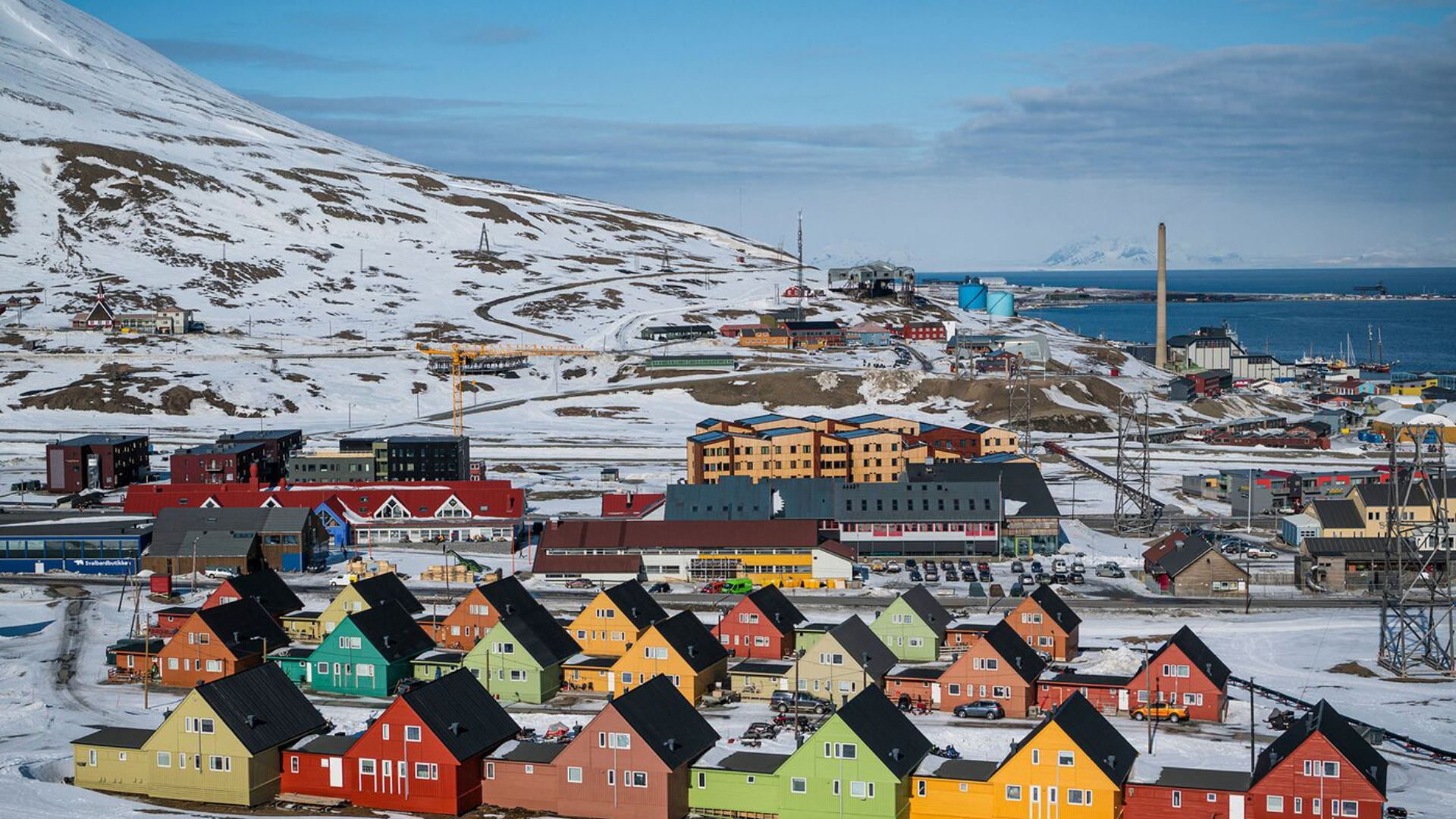Norway has intervened to block the sale of the final privately owned property in the Svalbard archipelago, citing national security concerns. The property in question, Søre Fagerfjord, spans 60 square kilometres of mountains, plains, and a glacier in southwestern Svalbard and was on the market for $326 million.
China had expressed interest in purchasing the property under the terms of the 1920 Svalbard Treaty, which governs the archipelago’s international status. However, Norway has deemed the potential sale a risk to national security, as stated by Trade and Industry Minister Cecilie Myrseth. The government has announced that any sale of the property will now require state approval under national security law. “The current owners of Søre Fagerfjord are open to selling to actors that could challenge Norwegian legislation in Svalbard,” Myrseth noted, warning that such a sale could destabilize the region and threaten Norwegian interests.
Svalbard, a strategically significant archipelago comprising a group of islands north of continental Norway, is located approximately 700 kilometers north of the European mainland. This Arctic region has become increasingly significant geopolitically and economically as the ice melts and tensions rise between Russia and the West.
The Svalbard Treaty, signed on February 9, 1920, in Paris, established Norway’s full and undivided sovereignty over the archipelago. Before the treaty, the area was open to exploitation by any nation, with Norway, Sweden, and Russia being the earliest states to capitalize on its resources. Svalbard’s history includes hunting, coal extraction, and serving as a base for polar exploration.
In 1905, Norway gained independence from Sweden and subsequently sought to include Svalbard within its kingdom. Despite various proposed scenarios, including shared control with Sweden and Russia, Norway aimed for sole governance of the territory. Negotiations were delayed by World War I, but the eventual signing of the Svalbard Treaty solidified Norway’s control.
Today, Norway owns 99.5 percent of Svalbard, and any sale that could challenge this authority is met with caution. The recent decision to block the sale of Søre Fagerfjord underscores Norway’s commitment to maintaining stability and security in this strategically important region.









